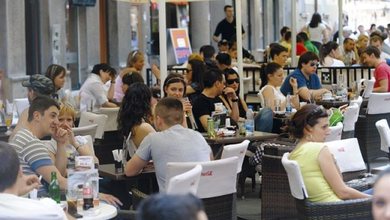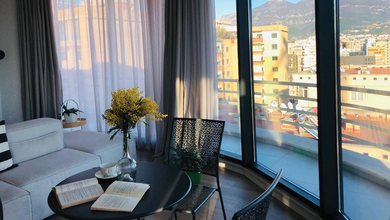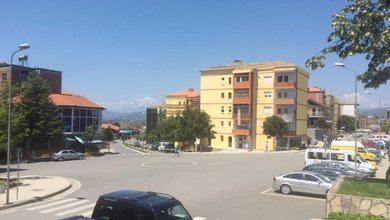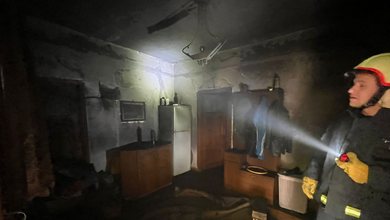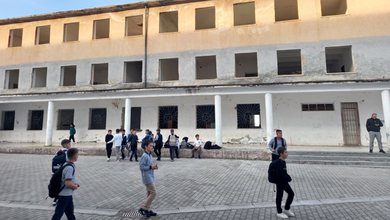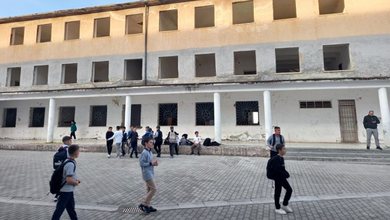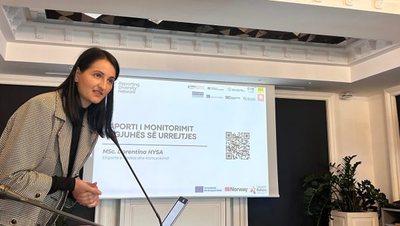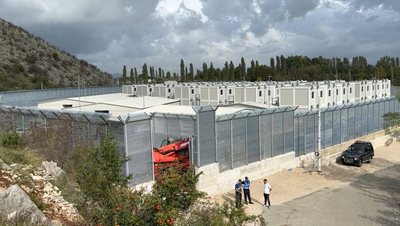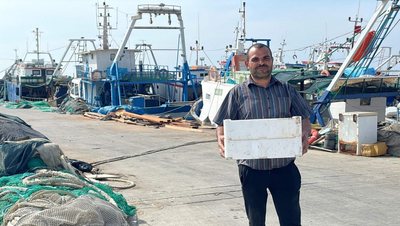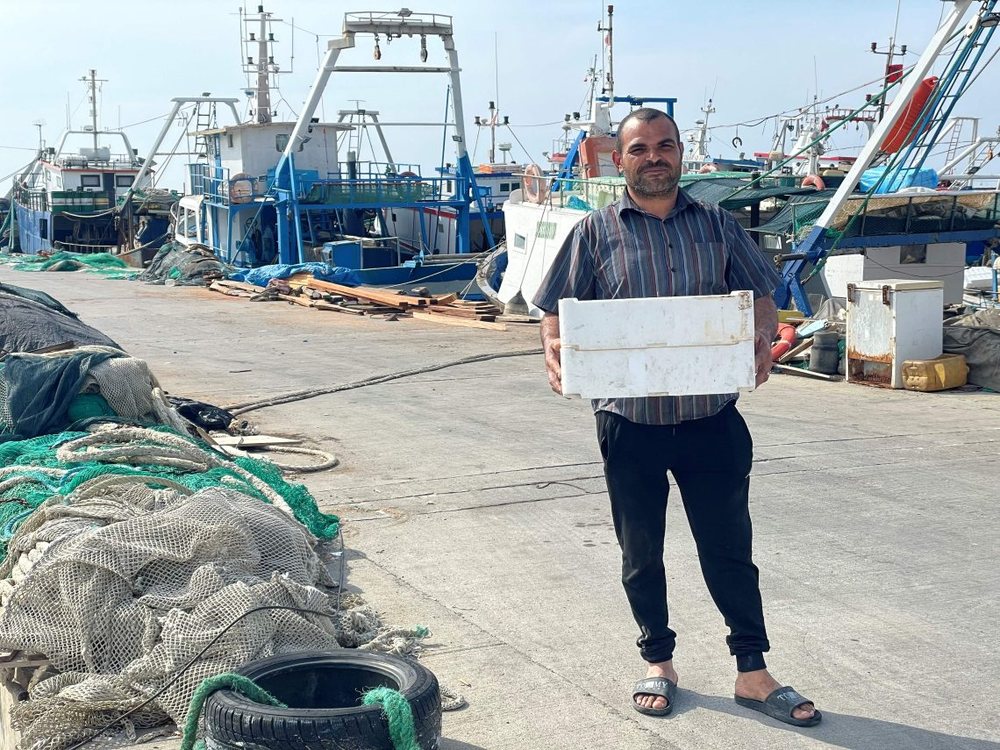
In the port of Durrës, Egyptian fishermen have replaced locals who are abandoning the sea.
On one of the piers of the fishing port in Durrës we meet Hasan Ebifi, an Egyptian who has lived in Albania for almost two decades.
"I have obtained Albanian citizenship," he says proudly, adding that he hopes that his wife will soon also gain the right to citizenship.
"The son works with me at the port, while the daughter studies sociology at the University of Durrës," he adds, indicating that he now speaks Albanian fluently.
Hasan has integrated well into the life of the coastal city. Like most of his compatriots, he lives in a rented apartment near the port and has started a new step in life. “I bought a small boat and now I will work for myself,” he says happily, holding two crates of fresh fish in his hands.
In the fishing port of Durrës, the number of foreign workers has increased significantly in recent years. Today, most of the fishermen working on the city's boats come from North African countries, becoming an integral part of daily life on the Adriatic coast.
According to INSTAT, in 2024, the amount of fish caught from all aquatic categories was 16,452 tons, marking a decrease of 14.9%, compared to the previous year which was 19,338 tons.
In 2024, a total of 833 entities were licensed to carry out fishing activities in Albania, 22 more than the previous year. The Albanian fishing fleet operates mainly in Geographical Sub-Area 18, which includes the South Adriatic.
According to geographical distribution, the majority of licensed ships are registered in the port of Durrës with 36.5 percent, followed by Vlora with 30.7 percent, while Lushnja-Fieri represent 2.2 percent and Himara 1.6 percent of the total.
Of the 115 ships anchored in Durrës, about 70 go out for fishing, while data from the Ministry of Agriculture shows 1,954 tons of fish caught by motor fishermen in this port last year.
Biologist Besim Troplini has 45 years of experience in fishing and recalls that just a few years ago, many more boys from Durres were employed in Durres' motor fishing boats.
“Right now, almost everyone who works on the ship I manage is Egyptian,” Troplini said.
At the end of 2024, the number of foreigners with residence permits in Albania was 21,940, an increase of 2.2% compared to 2023.
Egyptians arrive in Albania through employment agencies and, after overcoming bureaucratic difficulties, begin work under the care of ship managers.
“The fishermen who have recently arrived work in all sectors and have no claims,” says an old fisherman in the port of Durres.
Locals are increasingly fewer in number, while there are fewer and fewer students left in specialized school and university branches.
“The Department of Aquaculture and Fisheries Management at the Agricultural University of Tirana was opened in 2001 and initially had two groups of 35 students each,” prof. as. dr. Jera Kolitari told BIRN, who regretfully states that in recent years no more than 10 students have been studying the fisheries department.
Kolitari, a lecturer in this specialty at UB, said that the same situation is observed at the "Hysen Çela" technological high school in the coastal city.
The fishing branch that opened at this school 22 years ago is currently attended by far fewer students.
Young people consider fishing a difficult and low-paid profession. They mostly prefer to be employed as waiters or bartenders, rather than working at sea for several days a week.
The number of foreign fishermen in the port of Durres has increased significantly in recent years, mainly due to the lack of local labor.
“Today, most of them are Egyptians,” Amarildo Alizoti, a fishing vessel monitor and graduate of the Agricultural University of Tirana, tells BIRN. “In recent years, many local fishermen have retired and replacing them with young people from Durrës has been almost impossible.”
According to him, around 200 foreign fishermen currently work in the port, the vast majority from Egypt, and Albanian employers are satisfied with their work.
“There are also some Turks working on pelagic vessels, specializing in fishing for sardines and anchovies in shallow waters,” he concluded. /BIRN/


